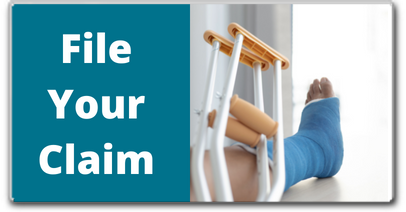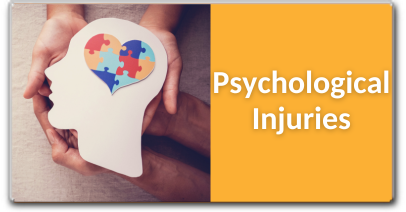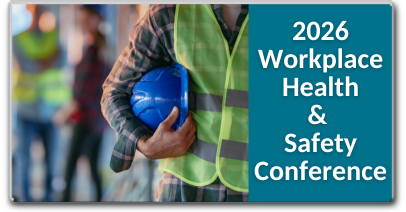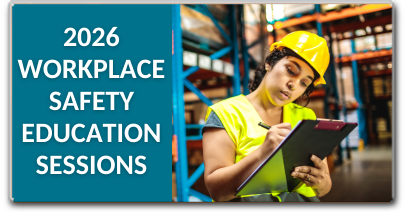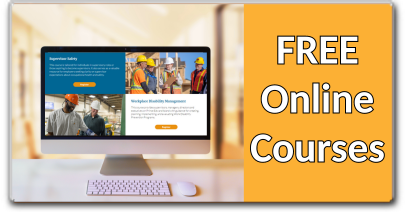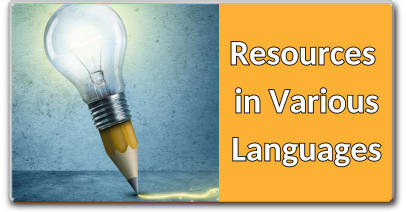Workers Compensation Board of Prince Edward Island
The aquaculture and fishing industries play an important role in PEI’s economy, and the WCB is committed to making sure that workers and employers in the industry are safe at work.
Workers in aquaculture and fishing face many hazards in their workplace ranging from rough weather to a risk of drowning. Other than these industry-specific hazards, workers can face more common hazards such as slips, trips and falls, the risks of working alone, over exposure to cold, poor ergonomics and more.
Regulatory guidance on using PPE:
Legislation: Hazards:
Aquaculture and Fishing
The aquaculture and fishing industries play an important role in PEI’s economy, and the WCB is committed to making sure that workers and employers in the industry are safe at work.
Workers in aquaculture and fishing face many hazards in their workplace ranging from rough weather to a risk of drowning. Other than these industry-specific hazards, workers can face more common hazards such as slips, trips and falls, the risks of working alone, over exposure to cold, poor ergonomics and more.
Marine Safety
Vessels or boats are a key component for the aquaculture and fishing industries, however, they can also pose considerable hazards to those that work on them. The size and type of vessel depends on the size of the operation, the type of activities to be carried out, the distance the lease is from shore, the depth of the water available, and the amount of product or material being transported. Regardless of the vessel or operation size, every worker is exposed to many of the same hazards. It should be noted that each individual vessel is considered a workplace.Learn more about marine safety:
Personal Protection Equipment
Personal protective equipment (PPE) is any clothing or equipment that helps to protect a worker from injury. Some common examples of PPE used in the aquaculture and fishing industries include Personal Flotation Devices (PFDs) or lifejackets, safety glasses, safety footwear, gloves, and hearing protection.Regulatory guidance on using PPE:
- Wear a lifejacket or PFD where there is a risk of drowning. This does not apply if other sufficient safety measures are in place such as a guardrail or safety net, or the worker is performing occupational diving tasks.
- Ensure the PFD is the correct size and appropriate for the weight of the person who will wear it. Ensure that inflatable lifejackets or PFD’s are inspected and maintained and records of all inspections and maintenance are kept for the life of the lifejacket or device.
- Wear Canadian Standard Association (CSA) approved protective headwear where there is a hazard that could injure the head.
- Notify your employer if you wear contact lenses. Do not wear contact lenses where gases, vapours or other materials are present which may harm the eyes when absorbed by contact lenses or when dusts or other materials are present.
- Use the appropriate gloves when handling materials likely to puncture, or irritate hands or arms, including acids, caustics, steam and other harmful substances.
Legislation: Hazards:
- Diving – OHS App
- Ergonomics – OHS App
- Hoisting- OHS App
- Lockout Tag Out- OHS App
- Working in Heat and Cold - OHS App
- Guide - Cold Stress Prevention
- Guide to Prevention of Heat Stress at Work
- Oyster Boom Crane Hazard Alert
- Risk of Drowning Hazard Alert
- Lock-out Tag-out Hazard Alert
- Cold Environments (CCOHS)



